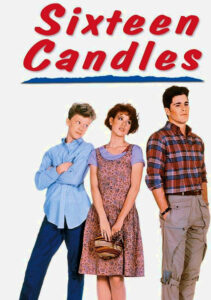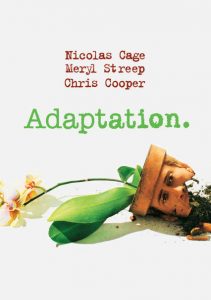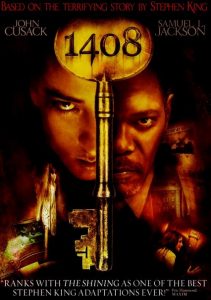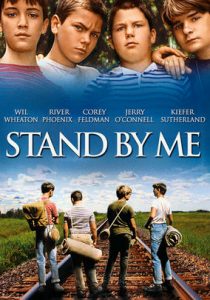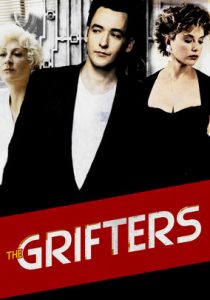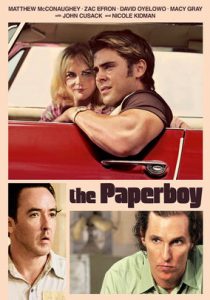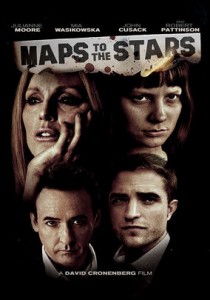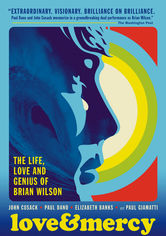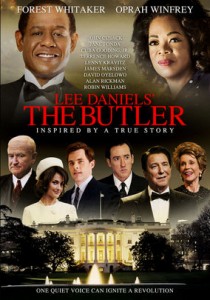Sixteen Candles-1984
Director John Hughes
Starring Molly Ringwald, Michael Schoeffling, Anthony Michael Hall
Scott’s Review #1,389
Reviewed August 14, 2023
Grade: B
While recently re-watching a string of John Hughes-produced or directed films from the 1980s I set upon them with fresh eyes. Some scenes or themes that worked in the mid-1980s would be inappropriate in a more sensitive and post-Me Too! movement.
Hughes, of course, was the king of the teen angst, coming-of-age, romantic comedies that usually starred Molly Ringwald.
Sixteen Candles, Hughes’s first directorial effort was released in 1984 and launched him to superstardom and immense popularity. Films like The Breakfast Club (1985) and Pretty in Pink (1986) would follow to much acclaim.
What he did so well was provide maturity and a message to otherwise dumb and raunchy comedies that populated the decade and they had a fresh female perspective whereas others were typically male and hormone-driven.
Already angst-ridden Samantha (Molly Ringwald) wakes up on the morning of her sixteenth birthday to find her busy family has completely forgotten her special day.
Samantha already pines for the handsome senior Jake (Michael Schoeffling), but worries that her dorkiness and lack of sexual experience will be a turnoff for the popular boy.
Meanwhile, Samantha must constantly rebuff the affections of nerdy Ted (Anthony Michael Hall), the only boy in the school who seems to take an interest in her.
As enjoyable as Sixteen Candles is I’d list it as the weakest of the Hughes films. It serves as more of a blueprint for the genius he would become.
Ringwald carries the film with ease made more impressive since this was one of her first film roles. She infuses Samantha with a blend of confidence but also insecurity and worry so that most American teenage girls could see themselves in her.
Pretty but not a pinup blonde, Samantha is intelligent and the girl next door. She lives in a suburban neighborhood, is middle class, has loving but distracted parents, and siblings focused on their trials and tribulations.
Most can relate to that.
A wonderful and tender moment between Samantha and her father, Jim, played brilliantly by Paul Dooley nearly moved me to tears. His wisdom and kindness as Samantha emotionally reveals her love for Jake to her dad is warm and solid epitomizing what a dad should be to his daughter.
A tepid series of misunderstandings occur between Samantha and Jake, who ironically has noticed her and shares the attraction. She freezes when face to face with him, and flees, so he naturally assumes she is a bitch and has no interest in him.
It takes so long for the lovebirds to connect that more possibilities and scenes are left unexplored. The film ends as soon as they reveal their feelings so there isn’t enough for the audience to celebrate.
We also know almost nothing about Jake. He is a rich kid whose parents are vacationing in Europe but what makes him tick? He could have any girl in high school and dates the pretty blonde girl but what makes him so drawn to Samantha?
The casting of the four grandparents serves no purpose other than comic relief and an inaccurate message of how bumbling older people are. One refers to Samantha’s ‘boobies’ while another stinks up the bathroom.
Worse yet, the inclusion of a foreign exchange Asian student named Long Duk Dong is riddled with cliches and stereotypes only played for laughs.
These characters are caricatures.
Finally, the groping and taking advantage of drunk female characters now feels dated if not flat-out inappropriate. In 1984, the scenes are meant to be funny.
Still, Sixteen Candles (1984) accurately depicts the loneliness and problems that face nearly every teenager in the history of the world. With a warm message of belonging and a sweet subtext, the film is a recommended watch but watch out for those stereotypes.
